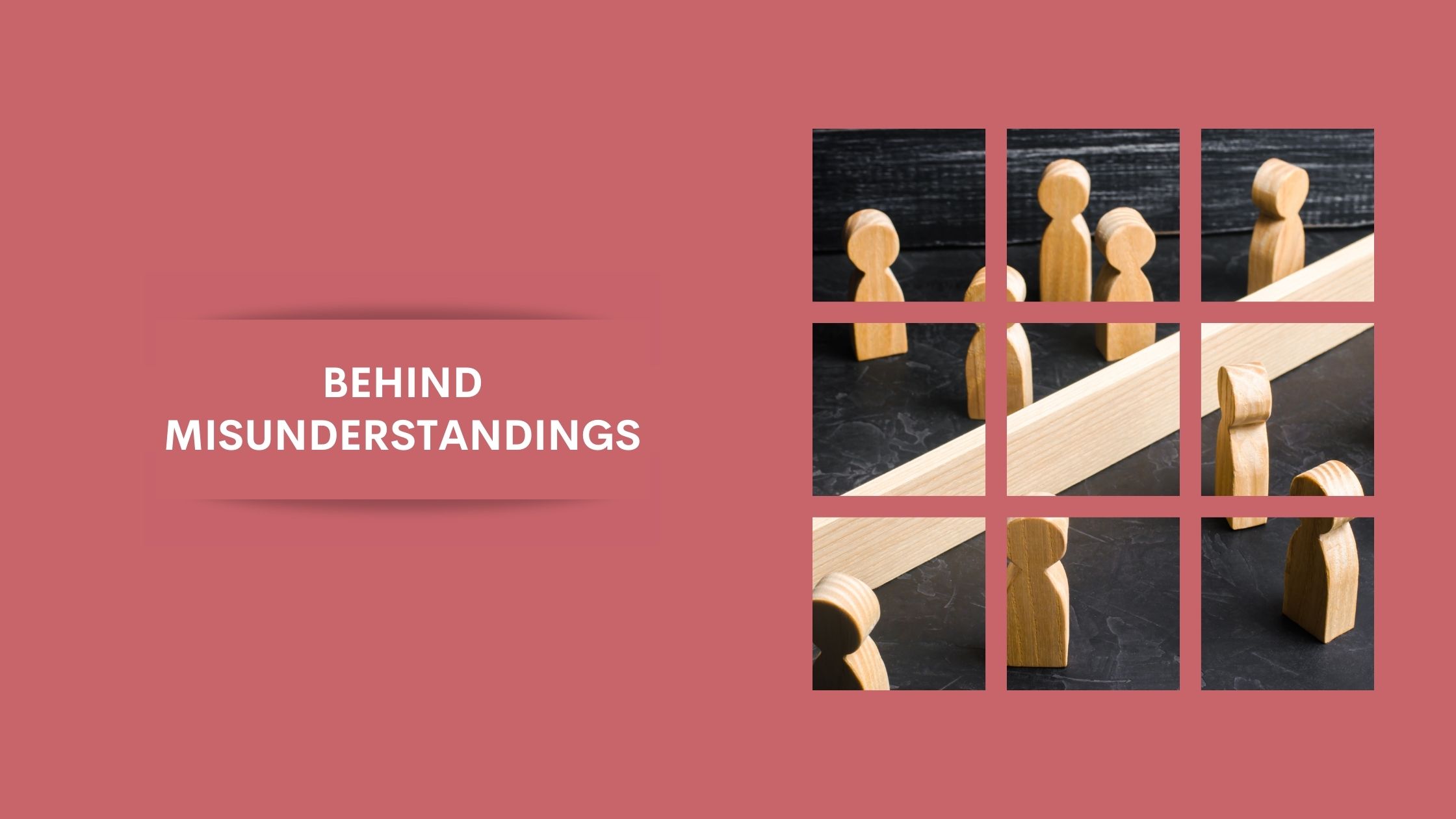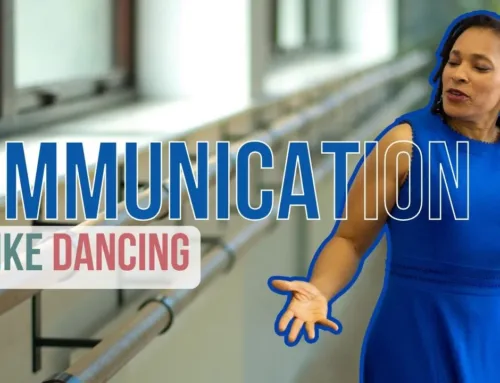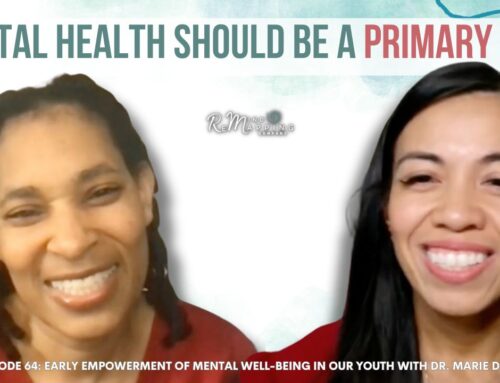
Effective communication is vital in any relationship—whether personal or professional. However, despite best efforts, communication and misunderstandings often go hand in hand. In this blog, we’ll explore the reasons why miscommunication happens, how it can be avoided, and how to have a clearer, more effective communication in all aspects of life.
Why Misunderstandings Happen
Misunderstandings often stem from a variety of sources. While it’s easy to blame the other person or circumstances, most misunderstandings are the result of certain patterns in how we communicate. Here are some key factors that contribute to communication and misunderstandings:
1. Assumptions and Incomplete Information
Many times, we make assumptions about what others mean, based on our own experiences or biases. Without clarifying or seeking feedback, we may misinterpret their words or intentions. These assumptions often lead to misunderstandings that could easily be avoided with a little more attention to detail.
2. Non-Verbal Communication
Often, our body language, facial expressions, or tone of voice convey a message that may not align with our words. This inconsistency can lead to misunderstandings, where the listener picks up on the non-verbal cues and interprets them differently than intended.
3. Cultural and Contextual Differences
Different cultures have varied communication styles. What is acceptable in one culture may be considered rude or inappropriate in another. These differences can cause confusion and miscommunication, as people may unintentionally communicate in a way that doesn’t resonate with others.
4. Emotional Responses
When emotions are heightened, such as during disagreements, the clarity of communication can suffer. Emotions like anger, frustration, or anxiety can cloud judgment, making it harder for both parties to listen actively and understand one another. This can exacerbate communication and misunderstandings, leading to conflicts.
How to Improve Communication and Reduce Misunderstandings
Improving communication is essential for any relationship, and there are several strategies that can help reduce misunderstandings. By applying these practices, you can ensure that your messages are clearer and that others understand your intentions better.
1. Active Listening
The key to reducing misunderstanding is listening actively. This means not only hearing the words but also understanding the underlying emotions and intentions behind them. Make an effort to listen without interrupting and show that you are engaged by asking questions or reflecting back what you’ve heard.
2. Clarify and Confirm
When you’re unsure about what someone is saying, take the initiative to clarify. Don’t assume—ask questions to confirm your understanding. Phrases like, “Just to clarify, did you mean…?” or “Is this what you intended to say?” can go a long way in preventing misunderstandings.
3. Be Clear and Concise
One of the most effective ways to avoid misunderstandings is to be clear and direct in your communication. Avoid using ambiguous language or jargon that may be confusing. If necessary, break down your message into simpler components and make sure your main points are easy to understand.
4. Manage Emotions
During sensitive conversations, emotions can get in the way of effective communication. It’s important to manage your emotions and stay calm, especially if the conversation is tense. Take a deep breath and stay focused on the message you want to convey. If needed, suggest a break to collect your thoughts before continuing the discussion.
5. Empathy and Understanding
Try to put yourself in the other person’s shoes. Understanding their perspective can help you respond more effectively and minimize the chances of misunderstandings. Empathy builds trust and strengthens relationships, which leads to better communication overall.
The Impact of Misunderstandings on Relationships
When misunderstandings occur frequently, it can strain relationships. Whether at work, with friends, or in romantic partnerships, miscommunication can lead to feelings of frustration, resentment, and even conflict. Over time, if left unresolved, these misunderstandings can erode trust and make it harder for individuals to collaborate or connect.
How to Recover from Misunderstandings
Even in the best of relationships, misunderstandings will inevitably happen. The key is how you handle them. If you’ve found yourself in a situation where a misunderstanding has occurred, here are some steps to help you recover:
1. Acknowledge the Misunderstanding
Admit that there was a misunderstanding and take responsibility for your part in it. Whether it was something you said or how you interpreted someone else’s message, acknowledging the issue is the first step in resolving it.
2. Apologize and Reconnect
If the misunderstanding led to hurt feelings or tension, offer a sincere apology. Show the other person that you value their perspective and are committed to improving communication going forward.
3. Work Toward Resolution
After addressing the misunderstanding, work together to find a solution. This may involve setting clearer boundaries, agreeing on better ways to communicate, or adjusting expectations to avoid similar issues in the future.
Conclusion: Communication and Misunderstandings in Practice
Ultimately, misunderstandings are a natural part of human interaction. However, by applying strategies like active listening, clarifying messages, managing emotions, and practicing empathy, we can reduce the frequency and impact of misunderstandings.
In every relationship, whether at home or in the workplace, clear communication is key to fostering understanding, trust, and connection. By focusing on improving your communication skills and being proactive about addressing misunderstandings, you’ll strengthen your relationships and minimize conflict.
If you’d like to learn more about improving communication and reducing misunderstandings in your personal or professional life, stay tuned for more tips and insights.
———
Follow Dr. Maiysha on Social media
Facebook: www.facebook.com/DrMaiysha
Youtube: www.YouTube.com/DrMaiysha
Hosted by: Dr. Maiysha Clairborne
Ready for the next level in your life? Join the Movement! Become a part of the Mind ReMapping Nation, an exclusive community that empowers your growth & accountability. Go to www.MindReMappingNation.com
Interested in learning Mind ReMapping? Have you thought about becoming a coach? You can! Attend our next Mind ReMapping LIVE Training in Atlanta, and learn the tools to remap your mind in this transformational NLP/Hypnosis and Coach Certification training. Visit www.mindremappingacademy.com or schedule an interest call at www.remapmymind.today.










